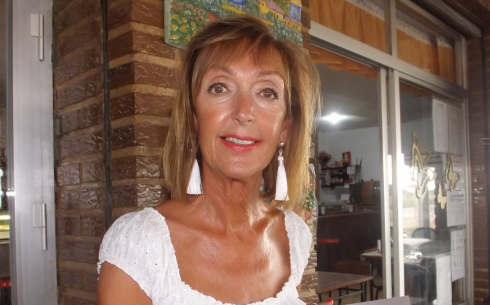ALL of Spain is to be put under an 11pm to 6 am curfew for the next six months, the government has announced.
An extraordinary Council of Ministers meeting this morning approved a new State of Alarm. Although this avoids the full lockdown the nation suffered in March, the night time curfew is likely to be hugely unpopular.
Another difference with the March lockdown is that the government’s decree has set a six month term at the outset. Information on when the new restrictions start has not been given yet.

In the original legislation a vote of parliament was needed every 15 days to extend the restriction – and technically that remains the case. But the new decree includes a provision that the period can be set for a longer period. This will need to be approved by Congress.
The coalition government is hoping it can garner enough support to approve the extended period, making Spain more like France and Italy in this sense.
Another difference is that authority to police the curfew and other restrictions that may be brought in will rest with the autonomous communities (regional governments, as had been called for by several of the regional presidents.
This will allow for some flexibility in implementation – mainly the option to bring it forward or put a curfew back by one hour. The decree is being seen as a way of ‘legalising’ curfews already put in place by several regions, but will also cover the rest of the country.
The government is not returning the country to the total lockdown of March and the almost total economic standstill. But it does believe, as do the vast majority of the autonomous regions, that a curfew can reduce contagion.
The science behind this is unclear. More than 30% of infections are said to happen during social gatherings in private homes.
The five communities governed by the Popular Party have so far resisted giving explicit support to the state of alarm. Two socialist regions (Aragon and the Canary Islands) have not requested the alarm, but they support it. The remaining 10 (Basque Country, Asturias, Extremadura, La Rioja, Catalonia, Navarra, Cantabria, Valencia, Castilla-La Mancha and the Balearic Islands) have requested a state of alarm in writing between Friday and Saturday.
The government had planned to approve this state of alarm at the ordinary Council of Ministers on Tuesday. But the decision was brought forward to today at the request of the regional governments.
Click here to read more Spain News from The Olive Press.








